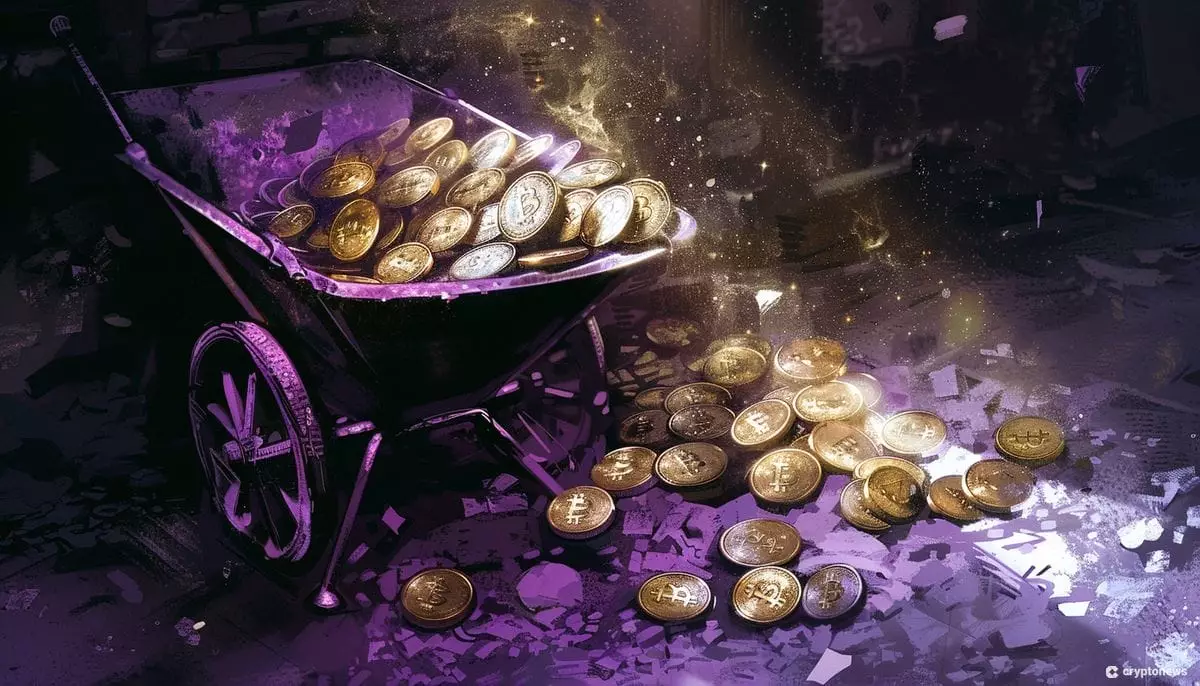Recently, South Korean regulators have taken a firm stance against traders attempting to dump stolen coins on crypto exchanges. This move comes after a suspected hack on the NFPrompt platform, which led to a South Korean trader purchasing NFP coins from a hacker and selling them on the Coinone exchange. Regulators, including the Financial Supervisory Service (FSS) and the Financial Services Commission (FSC), are determined to prevent trading platforms from listing hacked tokens to protect investors and maintain market integrity.
South Korean crypto community members were outraged when news broke that a domestic investor had purchased stolen assets in an over-the-counter (OTC) transaction. The investor’s social media post suggested they were aware that the coins originated from a hack, raising questions about Coinone’s liquidity and the investor’s ethical standards. In response, Coinone added NFP to its list of “investment cautionary coins” due to security concerns. Regulators have promised to investigate the transaction and allegations of price manipulation, signaling a crackdown on illegal activities in the crypto market.
In light of the NFP coin incident, South Korean regulators are overhauling systems related to unfair transactions ahead of the implementation of the Virtual Asset User Protection Act in July. Domestic exchanges have been ordered to launch abnormal transaction systems to identify illegal or suspicious activities. This proactive approach aims to enhance transparency and security in the crypto sector, safeguarding investors from potential risks associated with stolen coins and market manipulation.
Domestic exchanges are in the process of establishing systems to prevent unfair practices and ensure compliance with regulatory requirements. Coinone is conducting an internal review to determine whether the leak of NFPrompt foundation’s assets was due to hacking or an accidental breach. Regulators plan to implement exceptional provisions for bans on deposit and withdrawals on exchanges to prevent the circulation of stolen coins. Additionally, industry-wide standards will be developed to facilitate communication among exchanges regarding potentially illegal transactions, creating a unified approach to safeguarding the market from illicit activities.
Over-the-counter transactions have come under scrutiny in South Korea following reports of OTC-related thefts by law enforcement agencies. Regulators are committed to addressing the vulnerabilities associated with OTC trading and implementing measures to prevent illicit activities in the crypto market. By enhancing regulatory oversight and promoting collaboration between exchanges, South Korean authorities aim to establish a robust framework that safeguards the integrity of the market and protects investors from potential risks posed by stolen coins.

